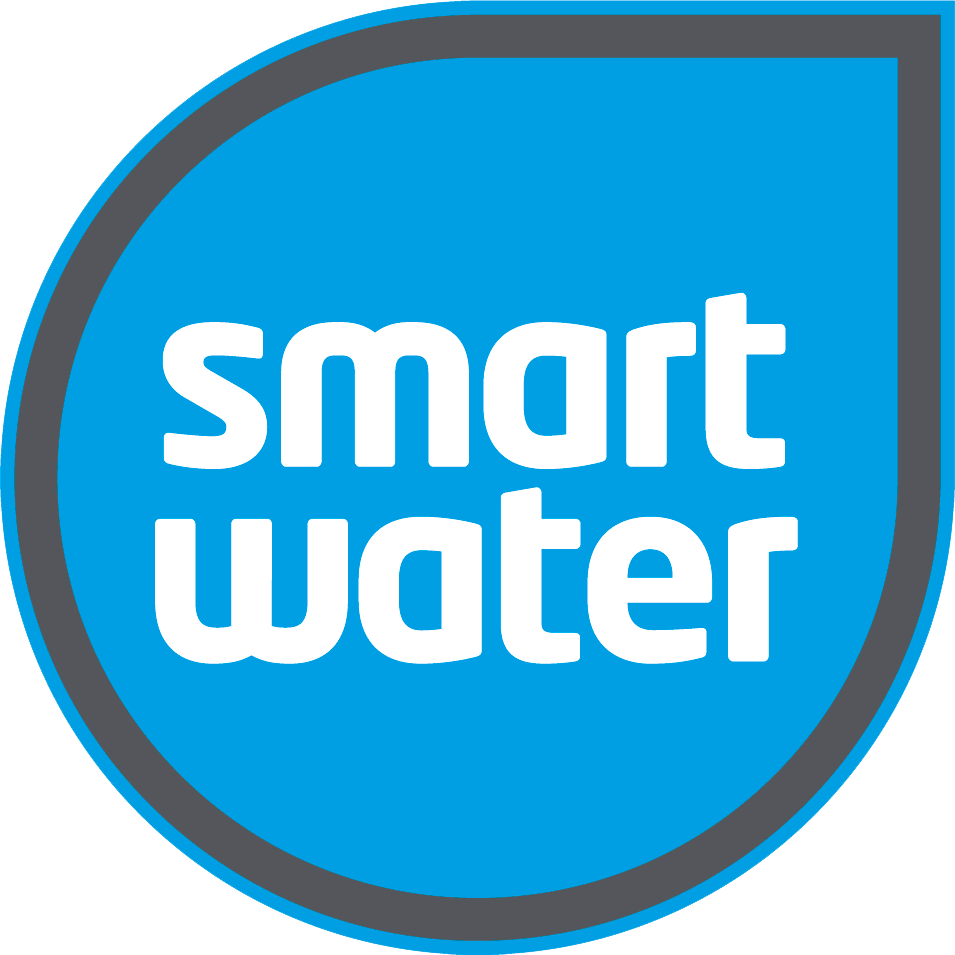 Shopping Cart
Shopping Cart
12 June 2025
Smart water solutions for businesses and farmers

Water is one of the most critical resources in agriculture and industry alike. As water scarcity increases globally due to climate change, population growth, and inefficient usage, the role of smart water technology has become more crucial than ever.
In 2025, businesses and agricultural operations in the USA, Australia, and New Zealand are turning to smart water solutions not just for conservation but for improving productivity, reducing costs, and ensuring long-term sustainability.
This post delves into how businesses and farmers can harness this power for improved sustainability, providing a comprehensive guide for those venturing into this critical aspect of resource management.
Read on to uncover a detailed outline of these advanced solutions and the benefits they bring.
Why Smart Water Technology Matters More Than Ever
Water scarcity is a pressing issue that is increasingly affecting many parts of the world. It is not merely a problem for the arid regions; it is becoming a global concern that can affect even areas that are traditionally rich in water resources. This scarcity can be attributed to various factors, including climate change, population growth, and inefficient water usage.
For businesses and farmers, water conservation is of critical significance. Businesses that rely on water as a resource in their operations, from manufacturing to cooling systems and sanitation, need efficient water management strategies to reduce costs and ensure sustainability. Meanwhile, for farmers, water is a lifeline for crops and livestock. Efficient water use can lead to increased crop yields, healthier livestock, and ultimately, improved profitability.
Recent global trends and studies highlight the importance of adopting smart water systems:
- IoT and AI integration: The global smart irrigation market grew from USD 1.86 billion in 2024 to USD 2.16 billion in 2025, with projections reaching USD 4.06 billion by 2030 (CAGR ~11.9%).
- Efficiency gains: IoT-based irrigation systems can reduce water usage by 20% to 60% compared to conventional methods.
- Smart water management growth: The IoT in water management market is expected to grow from USD 10.29 billion in 2024 to USD 11.80 billion in 2025.
- Behavioural impact: Smart meters promote water-saving behaviours and provide early warnings for leaks or excessive use.
These advances are enabling a shift from reactive to proactive water management across farms and businesses.
Key Industry Data: Smart Irrigation & IoT Trends
| Metric | 2024 Value | 2025 Projection | 2030 Forecast | CAGR |
| Smart Irrigation Market | USD 1.86B | USD 2.16B | USD 4.06B | ~11.9% |
| IoT in Water Management | USD 10.29B | USD 11.80B | USD 20.23B | ~14.7% |
| Water Savings with IoT Systems | – | 20%–60% savings | – | – |
| Unaccounted-for Water Loss (no smart tech) | ~40% | Significantly Reduced | – | – |
Smart Solutions in Action
Smart Irrigation
- Automatically adjusts water based on real-time weather forecasts, soil moisture data, and crop-specific needs.
- Optimises irrigation schedules, reducing water usage and enhancing yield quality.
- Integrates seamlessly with broader agricultural technology systems.
IoT-Enabled Monitoring
- Allows for remote monitoring of water tanks, reservoirs, and irrigation systems.
- Sends real-time alerts on leaks, low water levels, or unusual consumption patterns.
- Perfect for farms with multiple locations or in remote areas.
Learn more about managing rural and remote water supply.
Smart Meters for Businesses
- Real-time water usage data helps reduce operational waste.
- Detects inefficiencies or leaks before they become costly problems.
- Assists in tracking ESG (Environmental, Social, Governance) and sustainability performance.
Water Recycling Technologies
- Enables the reuse of greywater and wastewater.
- Reduces pressure on freshwater sources, particularly during drought.
- Beneficial for commercial operations in manufacturing or food production.
Real-World Benefits of Smart Water Technology
Smart water systems are not theoretical—they're making a measurable impact today. Consider the following:
- In regions across the USA and Australia, smart irrigation has helped cut water use by up to 60% while increasing crop yields.
- Businesses using advanced smart meters have seen up to 30% savings on water bills within the first year.
- In New Zealand, water tank monitoring systems have become a go-to for remote farms and rural communities.
Investing in Smart Water Technology to Help Reduce Water Waste
Smart water technology, with its innovative applications, can significantly aid in reducing water wastage and promoting efficient usage. This technology incorporates the use of advanced sensors, real-time data monitoring, and analytics software, enabling businesses and farmers to monitor water usage accurately, detect leaks promptly and use predictive analytics for better water allocation and management.
For instance, emerging technologies like IoT (Internet of Things) can enable remote monitoring of water usage across multiple locations in a farm or facility, making it possible to manage water resources more effectively. Automated irrigation systems can adjust water usage based on weather forecasts, soil moisture levels, and crop needs, thereby optimising water consumption and reducing wastage.
Likewise, in businesses, smart metering systems offer real-time data on water usage that can help identify areas of excessive use or leaks. It can also encourage behavioural changes leading to more sustainable use of water resources. In industries, water recycling technologies can facilitate the reuse of wastewater, reducing the demand for freshwater sources.
Adopting smart water technology is not just about conservation; it also makes good business sense. It can lead to substantial cost savings, improved operational efficiency, and enhanced resilience to water scarcity. By investing in these technologies, businesses and farmers are not only securing their future but also contributing to the larger goal of global water conservation.
At Smart Water, we are helping farmers and other industries to manage their water resources more effectively.
We have a range of water tank level monitoring systems that farmers can use to monitor their water tanks remotely. This technology enables farmers to optimise their water use and avoid wasting water by monitoring the water levels in their tanks continually.
Additional Resources
To learn more about how Smart Water can help your farm or business, check out these informative resources:
- 8 Ways Rainwater Harvesting Can Benefit American Farmers, Homeowners and Property Owners
- The Role of Rainwater Harvesting in Sustainable Agriculture
- The Future of Water Conservation: Innovations and Technology
- The Future of Rainwater Harvesting: Innovations and Trends
- 7 Benefits of Using Water Tanks for Your Agricultural Needs
Final Thoughts
Smart water solutions are no longer a luxury but a necessity for forward-thinking businesses and farmers. With growing water scarcity and increasing pressure to operate sustainably, now is the time to invest in technology that supports your water goals.
In the course of integrating a smart water system into your operations, there are a few key points to remember to facilitate a smooth transition and optimise utility:
- Needs Assessment: Prior to implementation, conduct a thorough evaluation of your existing water infrastructure and identify the gaps and areas of opportunity. This will inform the design of a tailor-made solution that addresses your specific needs.
- Vendor Selection: Partnering with a reputable technology provider is pivotal. Their expertise will guide the successful installation, configuration, and management of the system, ensuring optimal performance.
- Maintenance: Implement a rigorous maintenance schedule, which includes routine inspections, software updates, and timely replacement of parts. This proactive approach will enhance the system's efficiency and longevity.
- Training: Invest in comprehensive user training to maximise the benefits of the system. Users who understand how to interpret and act on system data are able to make more informed management decisions.
- Future-Proofing: Remember that a smart water system is an investment in the future. It not only improves current operations but also equips the organisation to deal with forthcoming challenges in water management.
By keeping these key points in mind, you can ensure a successful transition to a smart water system that delivers lasting benefits.
Whether you're managing a large-scale agricultural operation or running a commercial facility, Smart Water has the tools, knowledge, and support to help you take control of your water usage.
Talk to the team at Smart Water today.
This post was first published on 20 October 2023 and last updated 12 June 2025
